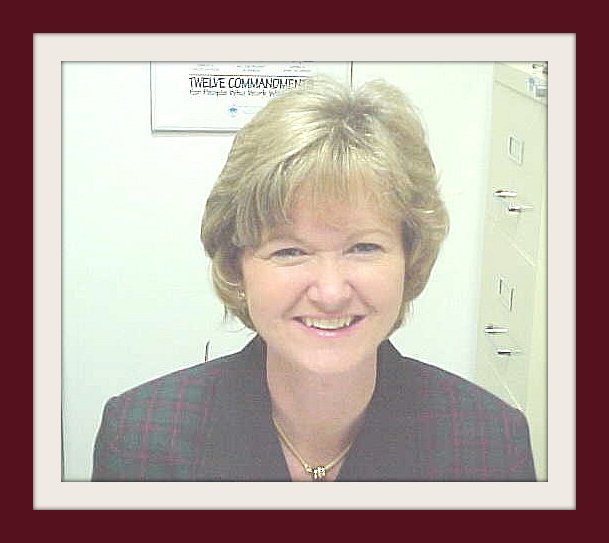The Graduate Certificate Program requires completion of six graduate courses (18 credit hours) over a two-year period (one course per semester, including summer) aimed at advanced learning specifically relevant to professionals in two-year colleges. The University of South Carolina is responsible for development and the delivery of the courses through its Higher Education and Student Affairs program in the College of Education. Therefore, all potential students must apply for this program through the University of South Carolina Graduate School.
___________________________________________________________________________________________________________________________Course Requirements
EDHE 734: The Community/Junior/Technical College
EDHE 736: Financial Aspects of Higher Education
EDHE 737: Legal Aspects of Higher Education
EDHE 738: Principles of College Teaching
EDHE 835: Leadership in Higher Education
EDHE 839: Assessment in Higher Education
Any course substitution must adhere to the policy of the Graduate School of the University of South Carolina that no more than two graduate courses, with grades of B or better, may be transferred into the certificate program, if they were completed no more than six years prior to the granting of the certificate. Transfer of credit must have approval of the program faculty and is granted only when courses transferred are substantially similar to those for which they substitute.
Course Delivery for Working Professionals
The curriculum is designed as a two-year program, with students entering as a single cohort group and completing all coursework together. The initial course offering will be EDHE 734: The Community/Junior/Technical College. In all courses, there is extensive use of distance education delivery, as well as some face-to-face meeting time. Participants usually meet in Columbia one Friday afternoon (approximately 1:00 p.m. to 5:00 p.m.) each month throughout each course. Additional course time occurs either weekly or bi-weekly using two-way video links and electronic course management systems. Compressed video class meetings for the initial EDHE 734 class will meet from 3:00 p.m. – 5:30 p.m. on Tuesday afternoons in technical college TechNet II administrative classrooms. The courses in community/junior/technical colleges, financial aspects, and College teaching are considered foundational and are offered during the first year of a cohort. They are followed by the courses in assessment in higher education, legal aspects, and leadership.
________________________________________________________________________________________________________________________
Course Descriptions EDHE 734: THE COMMUNITY/JUNIOR/TECHNICAL COLLEGE EDHE 736: FINANCIAL ASPECTS OF HIGHER EDUCATION EDHE 737: LEGAL ASPECTS OF HIGHER EDUCATION |
EDHE 738: PRINCIPLES OF COLLEGE TEACHING EDHE 835: LEADERSHIP IN HIGHER EDUCATION EDHE 839: ASSESSMENT IN HIGHER EDUCATION |
______________________________________________________________________________________________________________________
|

